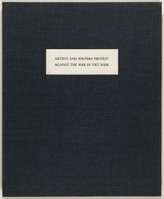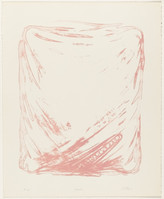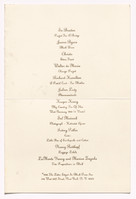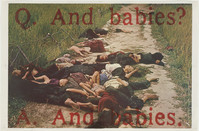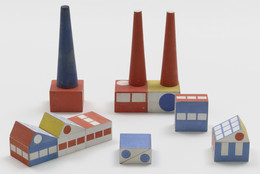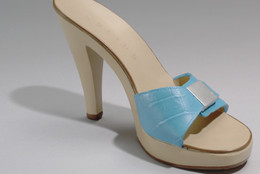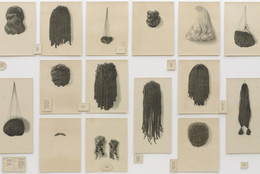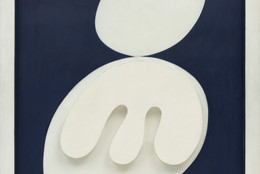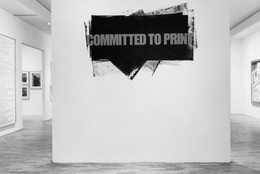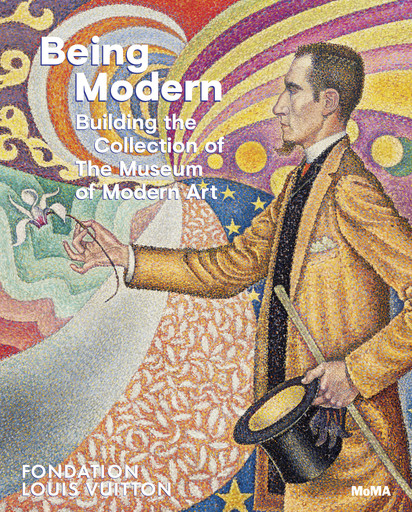-
Introduction
-
Irving Petlin (December 17, 1934 – September 1, 2018) was an American artist and painter renowned for his mastery of the pastel medium and collaborations with other artists (including Mark di Suvero and Leon Golub) and for his work in the "series form" in which he employed the raw materials of pastel, oil paint and unprimed linen, and found inspiration in the work of writers and poets including Primo Levi, Bruno Schulz, Paul Celan, Michael Palmer and Edmond Jabès.
Petlin attended the Art Institute of Chicago from 1953 to 1956, where he received his BFA during the height of the Chicago Imagist movement. Petlin was awarded a fellowship at Yale, where he studied under Josef Albers and earned his MFA in 1960. In 1964, his work was shown at the Hanover Gallery in London and Galerie du Dragon in Paris, where he influenced the Nouvelle figuration movement. That same year, Petlin was invited to teach at UCLA as a visiting artist, along with artists Richard Diebenkorn and Llyn Foulkes.
While in California, he was a principal organizer of the "Artist’s Protest movement against the war in Vietnam." In open meetings held at the Dwan Gallery, of which John Weber was the director, he founded the Artists' Protest Committee. In 1966, Petlin planned the Peace Tower with help of Mark di Suvero, as well as Philip Lieder, Craig Kauffman, Larry Bell, Walter Hopps, Rolf Nelson, Judy Chicago, Lloyd Hamrol, Hardy Hanson, Eric Orr, Tanya Nuefeld, and others. "The Artists’ Call" for the tower is published in four languages, and works arrive from all over the world to be attached to it. The finished tower, was dedicated by Susan Sontag and ultimately attacked overnight. The following year, in 1965, Petlin had his first major one-man exhibition held at the Palais des Beaux Arts in Brussels. Shortly thereafter, he returned to New York City with his family and moved into an apartment on West 11th Street. At this time, his growing commitment to the American milieu resulted in the completion of the painting The Burning of Los Angeles. During this period, Petlin
Was a founder and a participant in Artists and Writers Against the War in Vietnam. He also toom part in the Art Workers Coalition, the Art Strike, the Moratorium and the Venice Biennale.
The Burning of Los Angeles (1965–1967)
(Collection of the Fine Arts Museums of San Francisco)
From the 1960s, when he became one of the founding members of "Artists and Writers Against the War in Vietnam," Petlin was a leader in political activism by visual artists. He created the iconic anti-Vietnam War poster And babies in 1969. Petlin continued his militant interventions after the 1960s through such activities as his participation in the "Artists' Call Against the U.S. Intervention in Central America". Petlin taught at the University of California, Los Angeles, the Cooper Union in New York, as well as the Pennsylvania Academy of the Fine Arts in Philadelphia. He lived in Paris, New York and Martha's Vineyard, Massachusetts.
Petlin died of liver cancer in Martha's Vineyard, Massachusetts on September 1, 2018, at the age of 83.
-
Wikidata
-
Q6074722
